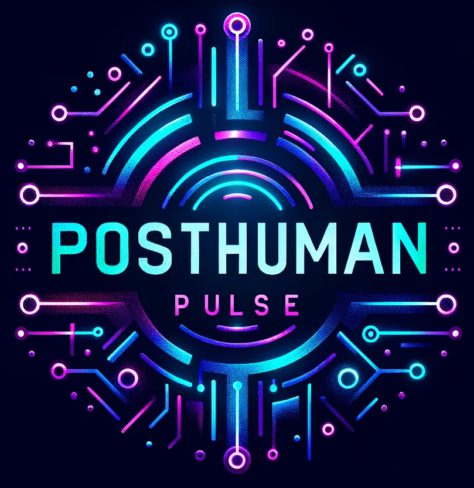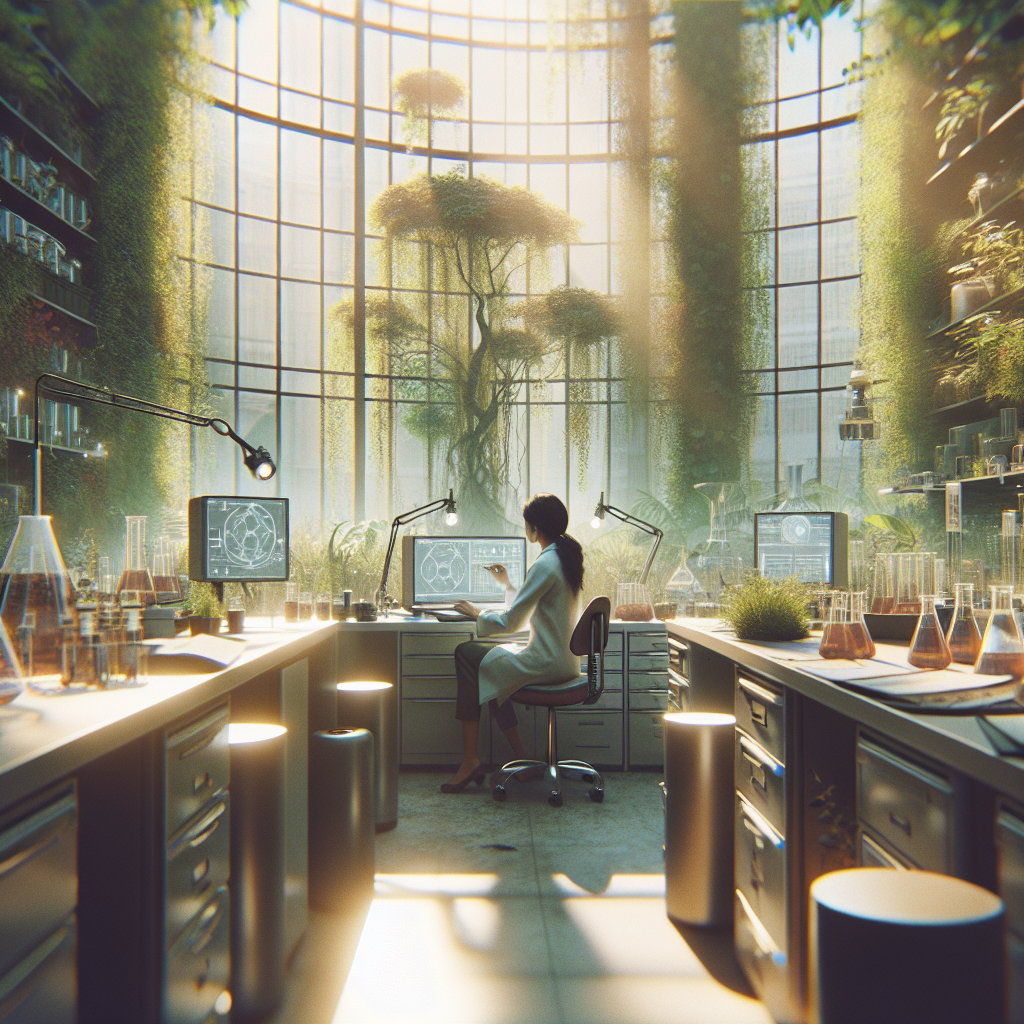Insights into AI’s transformative role in scientific research, fueled by strategic collaborations and significant funding.
In recent years, artificial intelligence has emerged as a powerful tool in scientific research, promising to unlock new levels of innovation and discovery. “Artificial intelligence will increasingly become an integral part of our daily lives in the years to come,” said Michael Kretschmer, Minister President of the Free State of Saxony. From biomedicine to chemistry, AI is bridging gaps and fostering interdisciplinary collaborations. This article explores how strategic partnerships and philanthropic funding are driving this transformation, offering readers a glimpse into the future of AI-driven science.
BioAI Dresden: A Collaborative Leap in Biomedicine
The BioAI Dresden initiative stands as a testament to what can be achieved when leading institutions join forces to propel scientific research forward. This collaboration involves the Max Planck Society and TUD Dresden University of Technology, with significant funding from the non-profit Boehringer Ingelheim Foundation. This initiative underscores the importance of non-commercial funding in advancing scientific research and addressing complex biomedical questions.
Michael Kretschmer’s vision for AI in biomedicine is clear: to exploit these opportunities for disease identification and treatment, beyond what profit-driven companies pursue. Source: Max Planck Institute of Molecular Cell Biology and Genetics
Google.org’s Philanthropic Push for AI in Science
Google.org has announced a $20 million funding initiative aimed at supporting AI-driven scientific research. This builds on their history of over $200 million in investments in AI initiatives, such as AlphaFold, which has revolutionized protein structure prediction—a breakthrough recognized with a Nobel Prize in Chemistry.
“We’re hopeful that this new funding helps incubate more Nobel-level achievements that will improve the lives of millions of people,” a Google.org representative stated. This funding supports diverse projects, including novel plastics development and cancer research, demonstrating AI’s broad applicability in science. Source: Google Blog
Interdisciplinary Innovations: AI Seed Grants at Johns Hopkins
The AI-Informed Discovery and Inquiry Seed Grants by Johns Hopkins University exemplify the potential of interdisciplinary collaboration. These grants support projects that integrate AI and data science across various fields, from chemical engineering to digital humanities. “We extend our thanks to all who submitted their innovative proposals and look forward to seeing the impact of these projects,” said Paulette Clancy, Research Director for Discovery.
The initiative encourages innovative research that transcends traditional academic boundaries, highlighting AI’s versatility in addressing diverse scientific challenges. Source: Johns Hopkins AI Institute
The Transformative Impact of AI on Scientific Research
AI is reshaping the scientific landscape by enabling unprecedented levels of collaboration and innovation. It is bridging gaps between disciplines, fostering new ways of addressing complex challenges in fields like biomedicine, chemistry, and humanities. However, integrating AI into scientific research is not without challenges—ethical considerations, data privacy, and the need for robust infrastructure are crucial.
As AI continues to evolve, its role in science is expected to expand, leading to groundbreaking discoveries and solutions to complex challenges. Researchers are encouraged to explore AI applications and seek interdisciplinary partnerships to fully realize its potential.
Key takeaways from this exploration into AI-driven scientific research include the importance of strategic collaborations and philanthropic funding in driving innovation. Researchers should consider the implications of AI in their own fields and explore potential collaborations to stay at the forefront of scientific breakthroughs.
“Artificial intelligence will increasingly become an integral part of our daily lives in the years to come.” – Michael Kretschmer
“We’re hopeful that this new funding helps incubate more Nobel-level achievements that will improve the lives of millions of people.” – Google.org representative
- Google.org’s $20 million funding initiative
- The $200 million previously invested in AI initiatives
Learn More:
- New Research Division to Combine AI and Biomedicine in Dresden
- Google.org’s $20 Million Fund for AI and Science
- Four Teams Awarded AI-Informed Discovery and Inquiry Seed Grants

